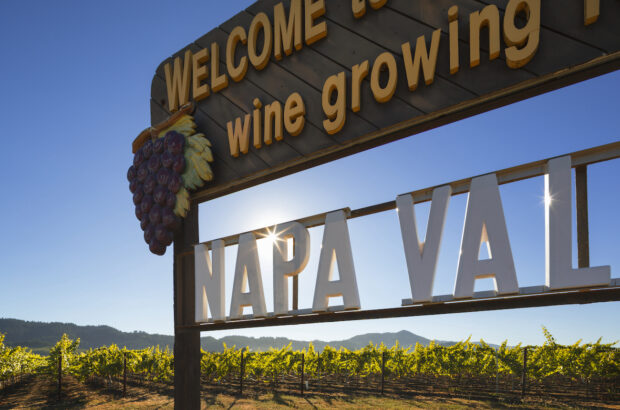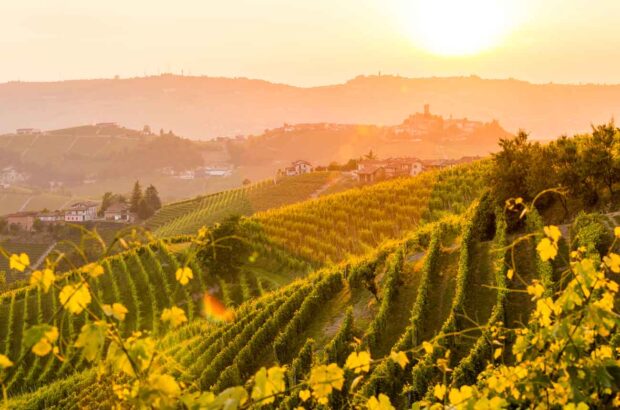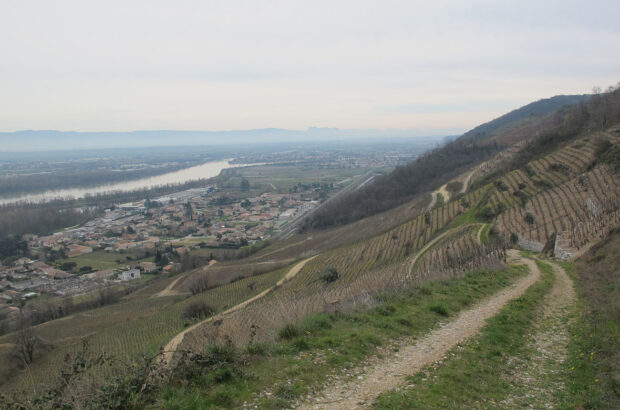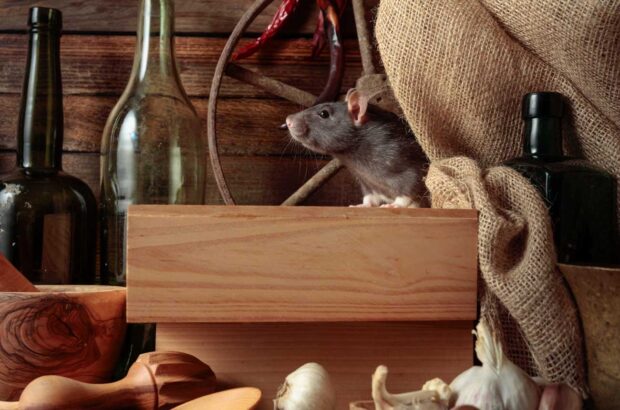Unusually harsh wind, the aftermath of drought and a lack of skilled vineyard workers have led to the lowest Assyrtiko crop on Santorini since 1991, industry representatives said.
At the 130-hectare Domaine Argyros, which mostly makes wine from its own vines, winery representative Elizabeth Loukaki said that two days of ‘exceptionally strong winds’ in early April blew flowers off vines, destroying at least 20% of the potential harvest.
‘The wind came from all directions at high speeds,’ she told Decanter.com.
Drought had already caused a 30% reduction from normal yields last year at Domaine Argyros, but winds made 2019 even worse.
Some winemakers said that drought had continued to affect yields this year, despite high winter rainfall. It was hoped that next year’s crop would recover.
Such low yields will make 2019 ‘prices difficult to control’, said Yiannis Karakasis MW.
Prices were already under pressure from 2018, as reported by Decanter.com last year.
However, Karakasis said that 2019 ‘quality seems high’ for those grapes that were harvested.
According to the Santorini cooperative, Santo Wines, the 2019 crop was reduced to just one third of average production.
‘Usually we have nearly three tonnes of grapes per hectare, but this year it was barely over one tonne,’ said winery representative Stela Kasiola.
Some producers have also blamed low yields on a ‘very serious shortage of manpower’ in the vineyards.
Yiannis Paraskevopoulos, of Gaia Winery on Santorini, said this was a longer-term structural problem.
Most wineries on the island rely on buying grapes from growers.
But some estates, like Gaia, have started sending their own teams to tend vines and harvest grapes for the growers to ensure the best possible supply of grapes as international demand for Assyrtiko wines has increased, said Paraskevopoulos.
‘Growers should understand to work the vines in a more attentive way, because we are all on the same chain; we can only succeed together,’ added Kasiola.
Hailstorms further north on the Cyclades island of Tinos – where Assyrtiko increasingly is being planted – has increased the pressure on supplies.
April hail at the trailblazing T-OINOS winery, which counts Bordeaux-based Stéphane Derenoncourt as chief consultant, reduced yields by as much as 40% below average, estate oenologist Thanos Georgilas said.
It is the third serious bout of hail damage since the winery opened in 2002 and the high-elevation estate was considering buying an anti-hail cannon for €50,000, he said.
Editing by Chris Mercer
See also: Great Assyrtiko wines to try







